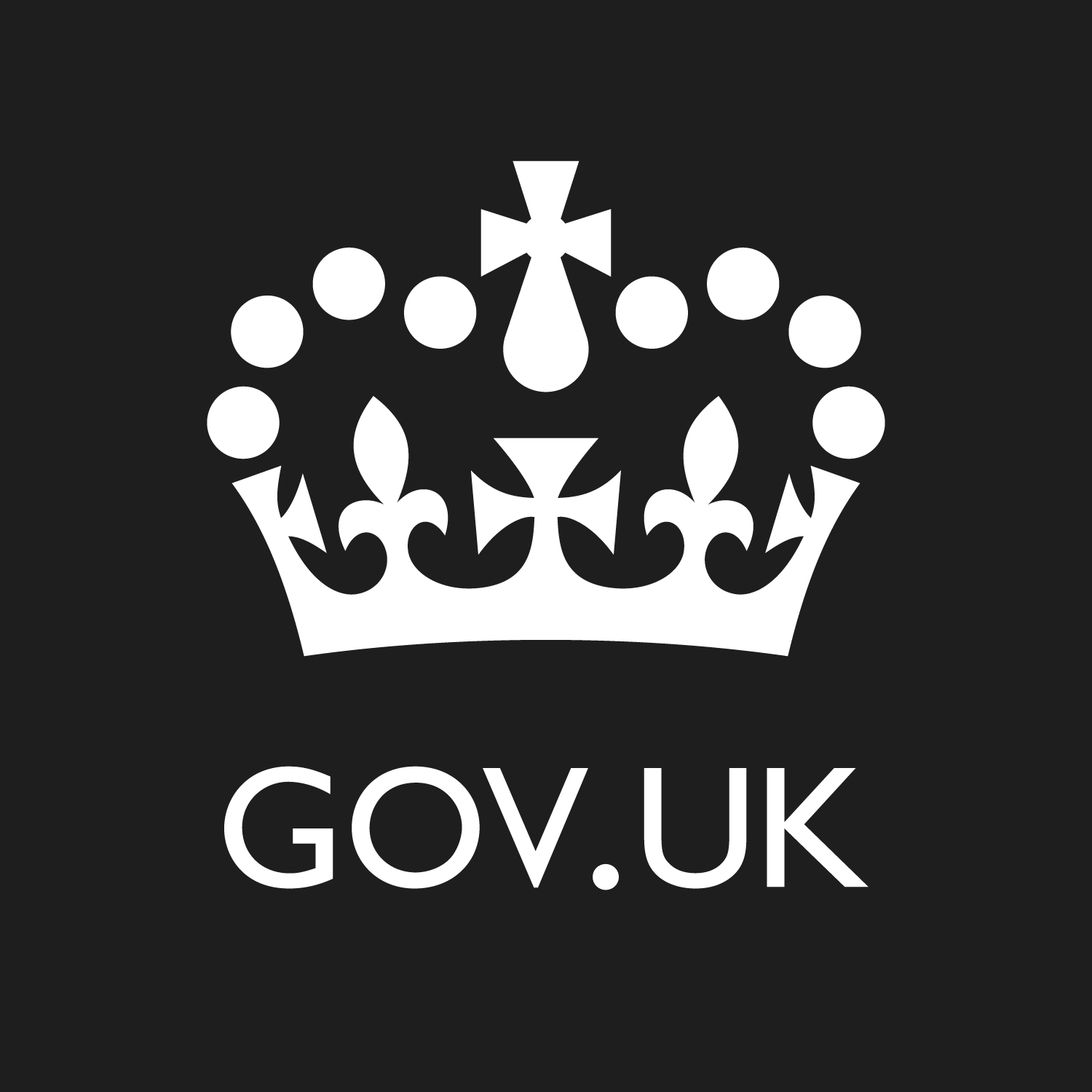1. Public finances have reached a turning point
Since 2009-2010 the deficit has fallen by four-fifths, from 9.9% to 1.9%. Public debt peaked in 2016-17 and is now falling. On average, spending on public services will grow 1.2% above inflation a year from next year until 2023-24.
2. Employment is at a near record high and the OBR forecasts it is set to keep growing
The economy has grown every year since 2010, and is projected to continue growing in each year of the forecast. The unemployment rate is at its lowest for over 40 years, there are over 3.3 million more people in work since 2010 and the OBR forecasts 800,000 more jobs by 2022.
3. National Living Wage will increase to £8.21
From April 2019 the National Living Wage will increase from £7.83 an hour to £8.21. This will benefit around 2.4 million workers, and is a £690 annual pay rise for a full-time worker.
4. The tax-free Personal Allowance will rise to £12,500
The Personal Allowance – the amount you earn before you have to start paying income tax– will increase by a further £650 in April 2019 to £12,500.
This rise comes a year earlier than planned, and will be maintained in 2020. This means a basic rate taxpayer will pay £1,205 less tax in 2019-20 than in 2010-11.
5. The Higher Rate Threshold will increase from £46,350 to £50,000 in April 2019
The amount people will have to earn before they pay tax at 40% will increase from £46,350 to £50,000 in April 2019.
This means that in 2019-20, there will be nearly 1 million fewer higher rate taxpayers than in 2015-16.
6. £1.7 billion to increase existing work allowances in Universal Credit
Increases to work allowances will mean working parents and people with disabilities claiming Universal Credit will be £630 better off each year.
People will also receive extra help as they move from their existing benefits to Universal Credit and there will be targeted support for people repaying debts.
7. A new railcard for all young people aged 26 to 30, available nationally by the end of the year
The first digital only railcard will offer up to a 1/3 off most rail travel.
8. Fuel duty will remain frozen for a ninth year
In 2019, fuel duty will remain frozen for the ninth year in a row, saving the average driver £1,000 since 2010.
9. Short-haul rates of Air Passenger Duty will not rise
Short-haul rates of Air Passenger Duty will not rise for the eighth year in a row, keeping costs down for 80% of passengers. Long-haul rates will rise in line with inflation.
10. Duty on beer, cider and spirits remains frozen
The cost of a pint of beer will be 2p lower than if duty had risen by inflation.
11. NHS funding will increase, including more spending for mental health
The NHS is the public’s number one priority and the government will increase its budget by £20.5 billion after inflation by 2023-24. Within this, the NHS will increase mental health spending by more than £2 billion a year by 2023-24.
Local authorities in England will receive a further £650 million in social care funding next year.
From today in England the government is lifting the cap on the amount of money local authorities are able to borrow to build housing. Local authorities fund housing through a separate Housing Revenue Account (HRA).
The Welsh Government is also taking immediate steps to lift the cap in Wales.
14. £400 million extra for schools this year
This will be £10,000 for the average primary school and £50,000 for the average secondary school.
15. A commemorative 50p Brexit coin will be available to buy from Spring 2019
The Royal Mint will create a new commemorative Brexit coin to mark the UK’s exit from the European Union.
16. Up to £19 million in commemoration of the Centenary of the WWI Armistice
- Up to £8 million to help with the cost of repairs and alternations to village halls, Miners’ welfare facilities and Armed Forces organisations’ facilities.
- £10 million to support veterans with mental health needs through the Armed Forces Covenant Fund Trust.
- £1 million for First World War Battlefield visits for school students.

















